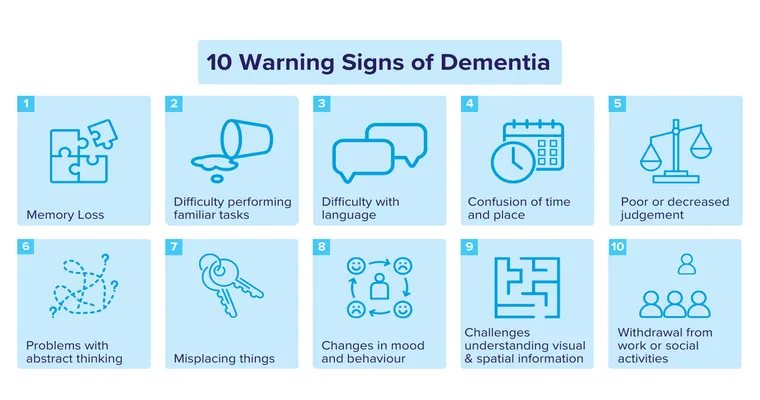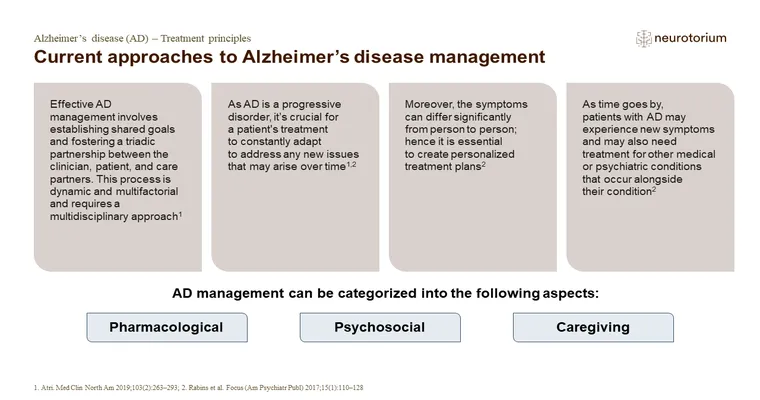Recognizing when a loved one may need "memory care" can be a challenging and emotional process. As cognitive decline progresses, families often notice certain "warning signs" that indicate professional help is necessary. Memory care facilities specialize in providing support and services for individuals with memory-related conditions such as "Alzheimer’s disease", dementia, or other cognitive impairments. Here are seven critical signs that it may be time to consider "memory care" for your loved one.
1. Frequent Memory Loss
One of the most apparent signs that someone may need "memory care" is frequent memory loss. If your loved one often forgets important dates, events, or the names of close family members, it may indicate a need for specialized support. Memory care can help individuals manage their daily routines and improve their quality of life.
2. Difficulty with Daily Activities
If you notice that your loved one is struggling with daily activities such as cooking, cleaning, or personal hygiene, it may be time to consider "memory care". These challenges can lead to accidents or health risks, making professional assistance crucial in ensuring their safety and well-being.
3. Changes in Behavior or Mood
Significant changes in behavior or mood can be a strong indication that your loved one may require "memory care". If they become increasingly anxious, depressed, or exhibit unusual aggression, it may be a sign of cognitive decline. Memory care professionals are trained to handle such behavioral issues compassionately and effectively.
4. Social Withdrawal
If your loved one has begun isolating themselves from friends and family or has lost interest in hobbies they once enjoyed, this could signal a need for "memory care". Social engagement is vital for mental health, and memory care facilities often provide structured activities to promote social interaction and cognitive stimulation.
5. Wandering or Getting Lost
Wandering or getting lost, even in familiar surroundings, is a serious concern for individuals with cognitive impairments. If your loved one has begun to wander away from home or become disoriented in familiar places, it may be essential to consider "memory care". These facilities offer a secure environment to ensure safety while providing the necessary support.
6. Neglecting Personal Safety
If you observe that your loved one is neglecting personal safety, such as leaving the stove on or forgetting to take medications, it’s time to evaluate their living situation. Memory care can provide the supervision and assistance needed to ensure their safety and health are prioritized.
7. Family Stress
Finally, if you and other family members are feeling overwhelmed and stressed about caring for your loved one, it may be time to consider "memory care". Caring for someone with cognitive decline can be physically and emotionally demanding. Memory care facilities offer resources and support, alleviating some of the burdens on family caregivers.
In conclusion, recognizing the signs that it’s time for "memory care" is essential for ensuring your loved one receives the appropriate support and quality of life they deserve. If you notice any of these signs, it may be time to explore memory care options in your area. Taking this step can provide peace of mind for both you and your loved one, helping them live a more fulfilled and safe life.





